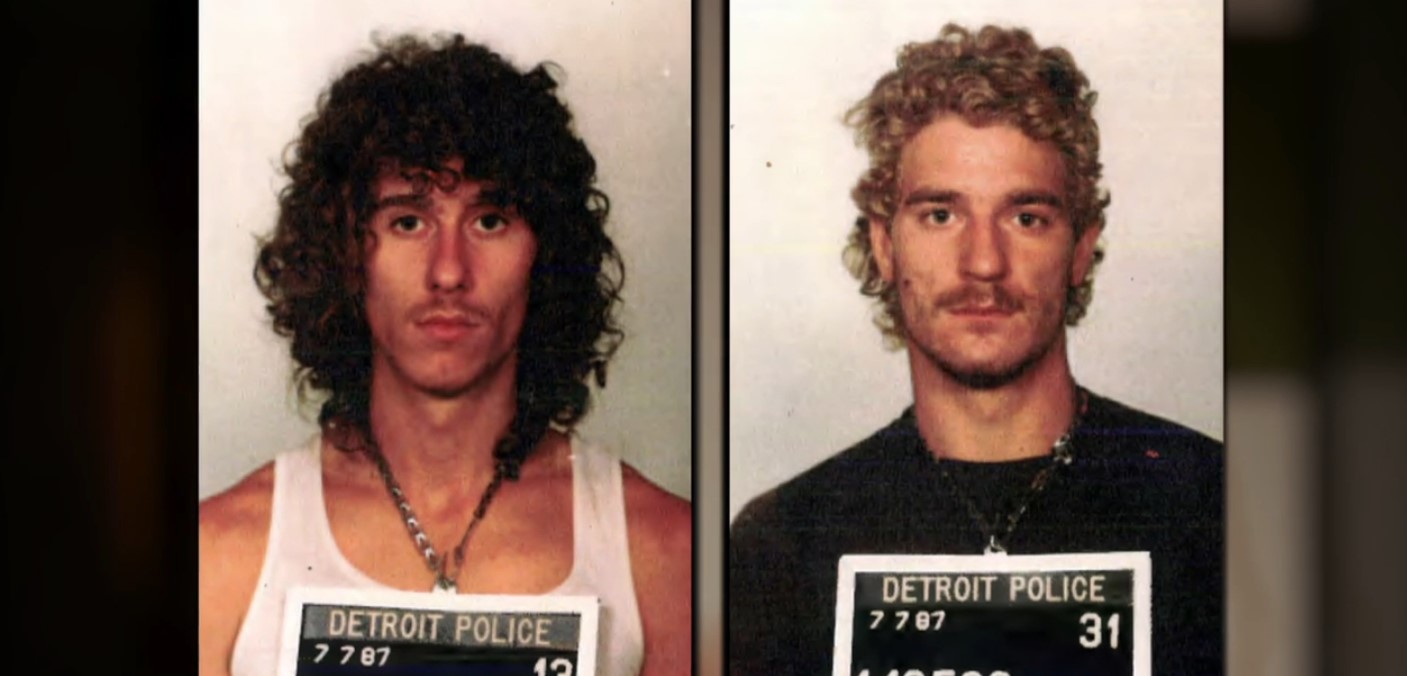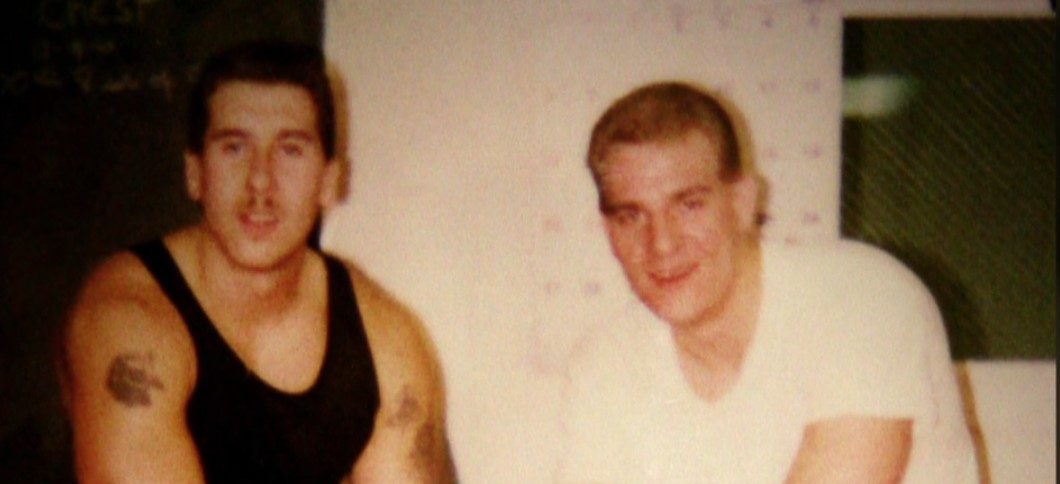Police officers in Detroit, Michigan, found a homicide investigation on their hands when 65-year-old Robert Karey was shot to death at his home on June 26, 1987. Since Robert was known to deal in marijuana and regularly supplied locals with the drug, authorities gathered that his business might have had a hand in his murder. ‘Dateline: Graduation Night’ takes the viewer through the gruesome slaying and even details the police investigation that followed. If you are intrigued by this case and want to know more, we have you covered.
How Did Robert Karey Die?
Robert Karey was 65-years-old at the time of his murder and resided in Detroit, Michigan. Reports mentioned that he was a local drug dealer who dealt primarily with marijuana and was responsible for providing the locals, especially the youths, with the drug. Since Robert lived alone and needed help running his business which fetched him around $900 per day, he asked Todd Knapp, a Grosse Pointe native, to move in with him shortly before the homicide. Hence, Todd moved in with Robert and helped sort as well as package the drug for the business.
On June 26, 1987, Todd was sorting the marijuana and bagging it when he heard a knock on the front door. Since Robert was the one to meet customers, Todd didn’t pay much heed to the knock and let his employer answer the door. However, pretty soon, he heard arguing before a person on the other side demanded something from Robert. At that same time, Robert spoke up about losing his life as if to warn Todd, and he heard a shotgun blast go off. Terrified, Todd ran up the stairs to escape the attack and heard another shotgun blast before things went quiet.
Once he felt like the coast was clear, Todd came down to find Robert lying in a pool of his own blood and immediately contacted the police. After arriving on the scene, the authorities examined Robert’s body and declared him dead. While an autopsy determined that Robert was shot at close range with a shotgun, the police seemingly found the murder weapon on a table inside the house. However, the show claims that an officer of the law handled the gun without gloves, which contaminated the evidence. Additionally, the police knew that Robert always kept his daily earnings on himself, and since the drug dealer had just $40 in his pocket, authorities were certain that he had been robbed.
Who Killed Robert Karey?
During the initial investigation, the police rounded up most of Robert’s customers who were present on that fateful night and questioned them about the murder. Authorities were certain that since Robert was a drug dealer, his business must have had a hand in his murder. Nevertheless, during the questioning, a man named Thomas Culberson came forward and claimed that he had seen two white men flee from the scene of the crime before getting into a car and driving away.

Shortly after, authorities received what they believed was their second breakthrough when Jamie Lawrence approached them and claimed that he had overheard one Thomas Highers talk about murdering Robert. Jamie mentioned that Thomas, who lived in the same area with his brother, Raymond, allegedly owed Robert money and was unwilling to pay it. Subsequently, the first witness, Thomas Culberson, proceeded to pick Raymond Highers out of a photographic lineup, claiming he was present at the murder scene.
Thus, authorities wasted no time in arresting the Highers brothers before charging them with murder, assault with intent to murder, and possession of a firearm during a felony. Once presented in court, Thomas and Raymond Highers pled not guilty and insisted on their innocence, but they were ultimately convicted in 1988 and sentenced to life in prison without parole for murder, along with a few additional years for the other charges. Although the brother appealed their conviction, their petitions were shot down, and their fate seemed sealed until 2009.
In 2009, an attorney named Kevin Zieleniewski read about the case and remembered that when he lived in Detroit back in 1987, his roommate, John Hielscher, claimed to have witnessed Robert’s murder. Eventually, the Highers brothers filed a motion for a second trial, and at that hearing, Hielscher and another individual named James Gianunzio testified that while they were present at the murder scene on the day of Robert’s murder, the armed men who shot the drug dealer were all black, while the brothers arrested were white.
As a result, Thomas and Raymond were granted a new trial. However, in 2013, the prosecution dropped the case, acquitting the brothers of all charges. Reports further claim that the Highers brothers proceeded to sue the State of Michigan for wrong judgment and were paid $1,218,767 each in 2019.
Read More: Where Are Thomas and Raymond Highers Now?


You must be logged in to post a comment.